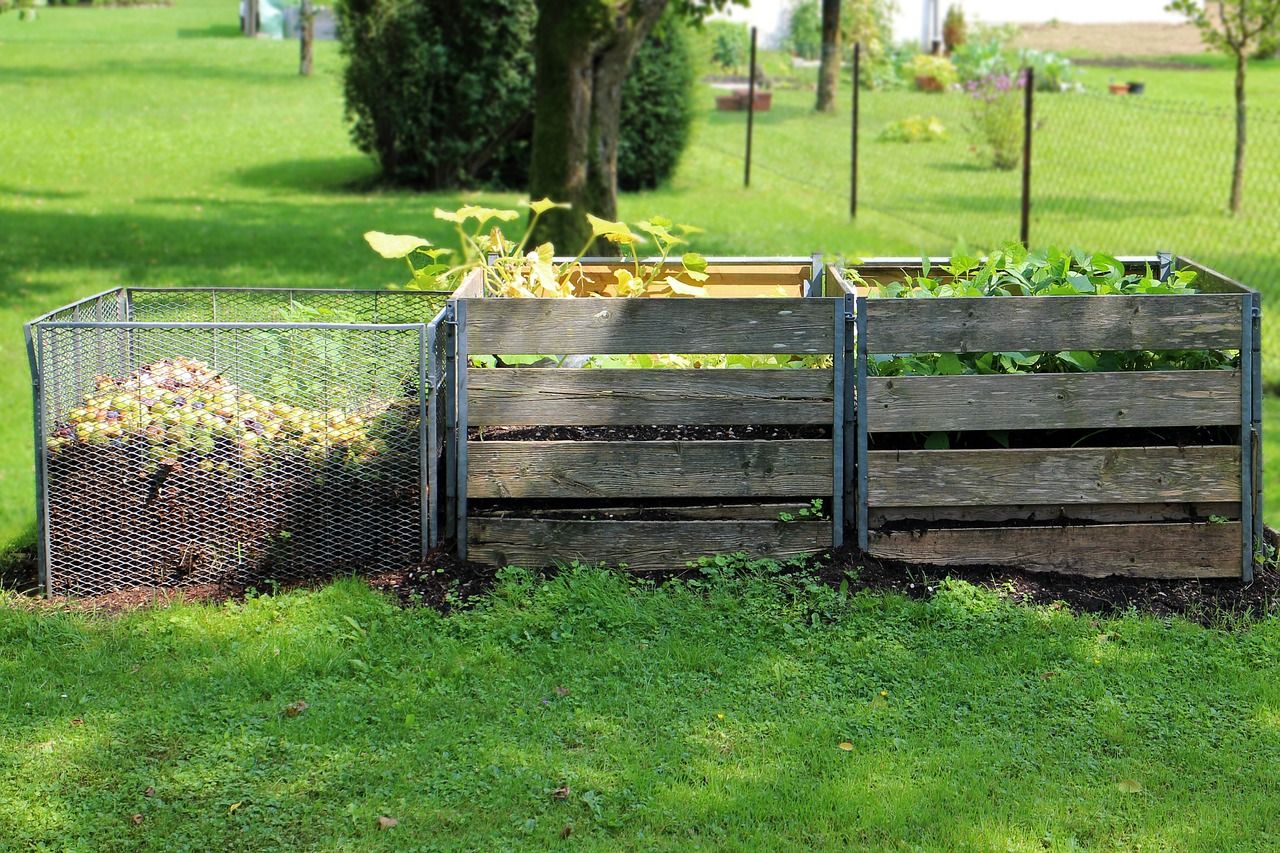Consumers armed with too much information about the destination of their uneaten food can lead to more food waste, according to new research from the University of Ohio.
Food waste is an increasingly hot topic among policymakers and environmental groups as statistics reveal that 40% of food in the US is wasted, while 1-in-6 people go hungry, with similar figures for other parts of the globe. And there are a growing number of entrepreneurs stepping up to the challenge, but they might be fighting at cross purposes, according to the research.
In a study of 266 students, staff, and Columbus residents, researchers found that giving consumers some information about the challenges around food waste, such as shrinking landfill space, dangerous greenhouse gas emissions and water and soil pollution, and telling them it would go to landfill, caused them to waste 77% less than a group that wasn’t given that information. That’s great news and meant that educated diners were 39 percent more likely to clean their plates.
However, those that were also educated about food waste but told their waste was going to be composed — and that it would reduce methane emissions and provide nourishment for plants — wastedjust as much food as those who were uneducated.
Lead researcher and agricultural economy graduate student Danyi Qi and her professor Brian Roe said the research highlights the disparity between initiatives focused on preventing food waste and those looking at repurposing food waste.
“As an economist, I’m always looking for how things can go wrong,” said Roe, who is also a member of Ohio State’s Food Waste Collaborative. “There are so many approaches to reducing food waste, but how do we know if they work together or if they’re working at cross-purposes? One class of initiative can offset good intentions in another.”
Eva Goulbourne, associate director of programs & communications at ReFED, the US initiative focused on reducing food waste, does not believe promoting one behavior necessarily cannibalizes the incentive to do another if the right information is provided.
“This study highlights the need for holistic consumer education to focus on the cost of wasted food and why food should serve its original purpose (feeding people), but once wasted, should serve its next highest and best use instead of going to landfill,” she told AgFunderNews. “In the study, only a recycling solution was presented to participants, highlighting the positive environmental impacts of composting. If they had been reminded to take only what they needed, because untouched food would go to children and families served at their local food bank, the outcomes of the study would likely be very different.”
Qi and Roe decided to test the theory around composting specifically as it’s a long-standing and understood approach to using organic waste, but in the future, they hope to test consumer behavior surrounding other waste reduction and waste repurposing technologies.
To that end, the university is developing a mobile app to help obtain food waste measurement data in a variety of real-life scenarios. Trained participants will take photos of their plate before and after eating, what they throw out from the fridge each week, or the trimmings they discard during meal preparation, for example.
“We hope to recruit individuals to use the app with some using an intervention while others are not, so we can tightly measure how it’s working and if it’s productive or not,” said Roe.
Roe has discussed the app idea with ReFED, the coalition set up to combat food waste in the US and is currently seeking grant funding from the government to support further development. Until this point, Ohio university has funded all pilot work on the app, he added.
What do you think? Would knowledge that your food was going to compost lessen your concern about wasting food? Get in touch on [email protected].





